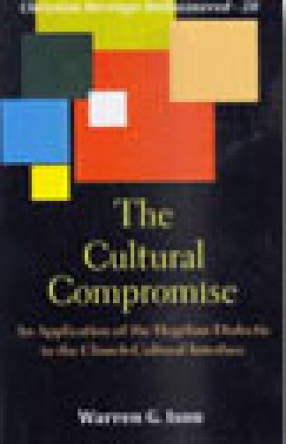The Cultural Compromise: An Application of the Hegelian Dialectic to the Church-Cultural Interface
It is the contention of this book that the majority of propositions perceived as cultural compromise (heresy) are, in fact, merely a step towards effective contextualisation rather than a settled formulation. This being the case, an understanding and application of Hegel's three-step dialectic will serve to hasten and enhance the process and minimise the accompanying conflict. Accordingly, it is the responsibility of ecclesial leadership to personally model the dialectical process and to equip their members to participate. It concludes with four essential principles of a dialectical strategy: advance preparation, training in critical assessment, commitment to communal synthesis and the acceptance that this is a continuing need.
This book will be meaningfully used by the scholarly world -- the Academics who are involved in educating the ecclesial leadership; the Students of theology, ministry, church history and Intercultural (mission) studies; Ecclesial Leadership - Pastors, Ministeries and their Superiors; and above all the Christian population in general.
Get it now and save 10%
BECOME A MEMBER
-

Youth and Drugs: Missional Concern Towards Therapeutic Care and Counselling
-

Christian Ethics and the Crisis of Gender Violence: Exploring Kristeva's Reading of Religion, Culture and the Human Psyche
-

The Psalms as Israel's Prayer and Our Own
-

The Spirituality of the Catholic Charismatic Renewal Movement







Bibliographic information